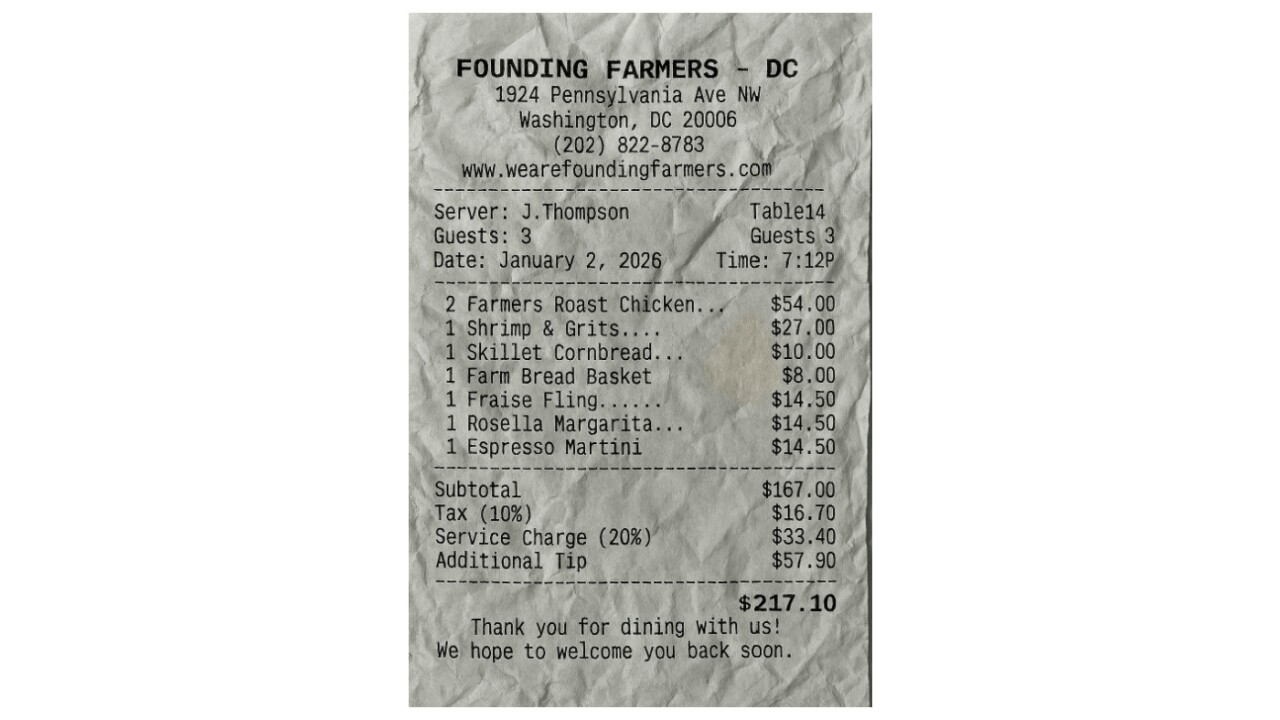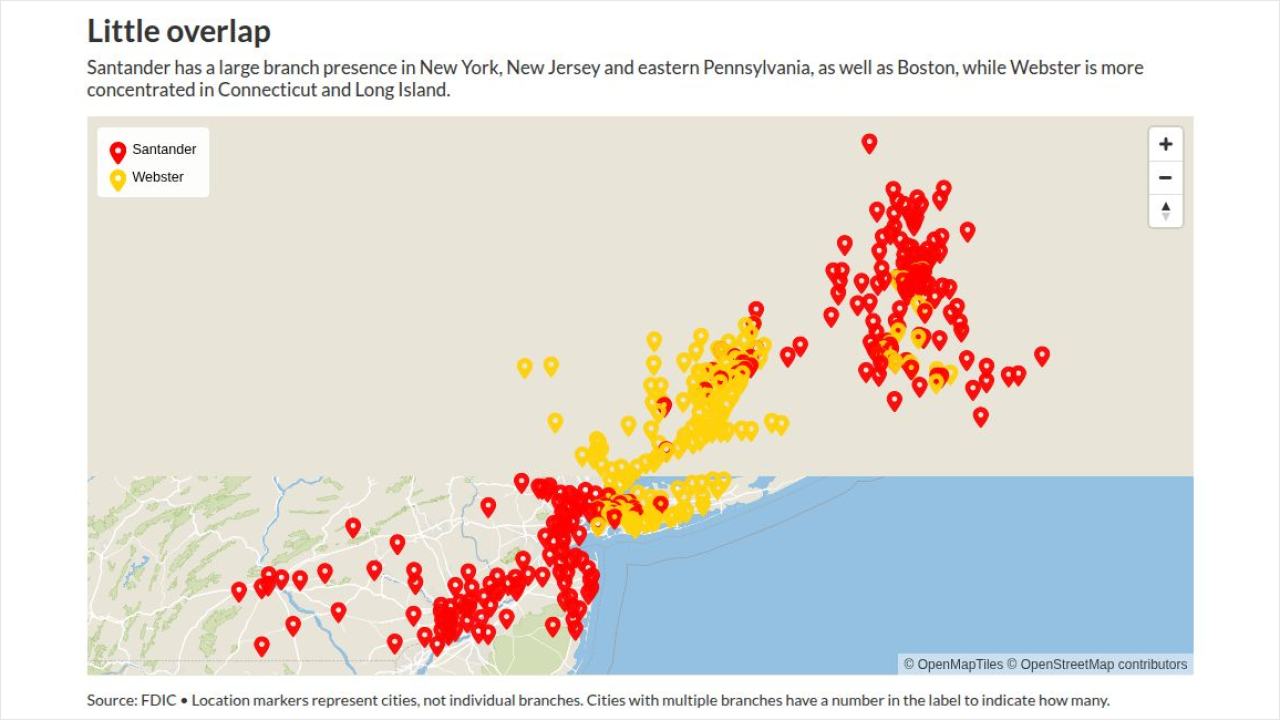
The Treasury Department is threatening to deny or even claw back incentive payments to mortgage servicers that are not modifying loans according to the administration's guidelines.
The department would not say how many servicers have broken the rules, let alone which ones. But consumer advocates say noncompliance is rampant in the Home Affordable Modification Program. They have documented cases in which servicers wrongly denied modifications or foreclosed before reviewing a borrower for Hamp.
The program is voluntary, so withholding or taking back the incentive payments is the biggest club the Treasury holds over servicers. It pays $1,000 for each completed permanent modification for a delinquent borrower and $500 for each mod given to a current borrower. So far, servicer payments have totaled $68.4 million. (A total of 109 servicers are participating in the program.)
At a meeting two weeks ago with consumer advocates and Freddie Mac, the department's compliance agent for Hamp, a Treasury official said the government had privately rebuked "four to six" servicers for "systemic noncompliance" with Hamp guidelines, according to three people who were in the room.
"Everyone asked, 'How come we haven't heard about this?' " said Andrew Jakabovics, an associate director for housing and economics at the Center for American Progress. The Treasury has "been doing compliance checks, and they've found systemic problems," he said, "but we don't know what actions have been taken to fix the problems or even if they are working on it."
Previously, the Treasury has tried shaming servicers that were slow to modify loans. Since September, it has published a monthly report card detailing how many trial and permanent Hamp modifications each participating company has made and how big a chunk this made up of a servicer's portfolio of eligible loans.
More recently, the department has told noncompliant servicers to fix their Hamp processes, done "targeted, in-depth compliance reviews" and ordered the companies to reevaluate loan portfolios, Treasury spokeswoman Meg Reilly said this week.
"No action impacting servicer incentives ha[s] been finalized," she said, but such actions are in the works.
"We're conducting an investigation into potential noncompliance," she said, "and if the servicer addresses the problem and resolves the issue, it won't be finalized."
As for the sort of violations the Treasury has found, "a lot of it has to do with communications with borrowers about their rights surrounding foreclosure," Reilly said.
The department is assessing the "scope and magnitude" of Hamp noncompliance and its effect on borrowers, she said.
Freddie declined to comment for this story.
Ira Rheingold, an executive director and general counsel at the National Association of Consumer Advocates, said the Treasury "made clear" at the April 7 meeting that it would not disclose names. "Someone asked for more details, and they didn't give us any," he said.
When Hamp was introduced in early 2009, the Treasury justified the $50 billion of Troubled Asset Relief Program money allocated for the $75 billion program by claiming it would help 3 million to 4 million borrowers avoid foreclosure by reducing monthly payments to affordable levels.
By March 31 this year, however, just 230,801 borrowers had gotten permanent loan modifications, and more than a million borrowers were in trial mods, the Treasury reported.
In addition to the initial $500 to $1,000 per completed mod, servicers stand to get $1,000 a year for up to three years on borrowers who stay current on the modified loan. But roughly 40% of borrowers who get permanent modifications are expected to redefault, the Treasury has said.
Alys Cohen, a staff lawyer at the National Consumer Law Center in Washington, testified before a House subcommittee last week that the Hamp program has been marred by "a stunning degree of noncompliance."
"Mortgage servicing needs to be further regulated by Congress," Cohen said. "One year into the program, Treasury has still not announced whether and what type of penalty a servicer would suffer for noncompliance."
Moreover, it is unclear whether any meaningful noncompliance penalty could be imposed "under the contracts Treasury drafted," she said.
But Faith Schwartz, the executive director of Hope Now, an industy group, said that if Treasury embarrassed servicers by disclosing penalties assessed against them, they might quit the program. That would reduce the number of borrowers who get mods, she said — and not only under the government program. Even if a borrower is rejected for Hamp, having gone through the process increases the likelihood of getting a mod through a company's own program.
"You don't want to lose servicers and kick them out because the uniformity of the Hamp process carries through to other proprietary mods," of which servicers are completing 100,000 a month, Schwartz said.
Barry Zigas, the director of housing policy at the Consumer Federation of America, said that although "Freddie Mac is supposedly out there" doing compliance reviews, the Treasury has limited enforcement powers, "short of kicking a servicer out of the program."
"Contractually, there is very little to compel the banks and servicers to do anything," Zigas said.
Some consumer attorneys have alleged that servicers are deliberately stringing borrowers along.
"We have so many reports from individual borrowers that paperwork was lost or they got the runaround," said Ari Brown, a lawyer at Hagens Berman Sobol Shapiro LLP in Seattle, who has sued Bank of America Corp. on behalf of such borrowers for failing to comply with Hamp.
"The bank entered into a contract with the federal government and specifically promised to modify distressed loans for the benefit of individual borrowers," Brown said. "They have received all the benefits of the contract and fulfilled none of the obligations."
A spokeswoman for B of A declined to comment on the pending litigation.
A total of six borrower suits seeking class-action status have been filed against servicers for failing to comply with Hamp guidelines. Three of them, including Brown’s, were filed against B of A, and one each was filed against Wells Fargo & Co., JPMorgan Chase & Co. and OneWest Corp., which took over the failed IndyMac Bank. Wells and OneWest did not respond to inquiries; JPMorgan Chase declined to comment.
Rheingold said many borrowers who are able to document their economic hardship are still rejected for loan modifications but never told why.
"For the program to work, there needs to be transparency," he said. "The administration should be embarrassed by how poorly the program is working."
Housing advocates want further reforms such as the disclosure of the net present value test, which is used to determine if an investor holding the underlying mortgage note would save more money through a foreclosure action than a loan modification.
In the fourth quarter, Neil Barofsky, the special inspector general for Tarp, began an audit to determine whether servicers were correctly applying the net-present-value test, how the Treasury is policing their performance and what procedures servicers have adopted to communicate the result to borrowers if they fail the NPV test. Failure means an investor would earn more money through a foreclosure than a loan modification.





